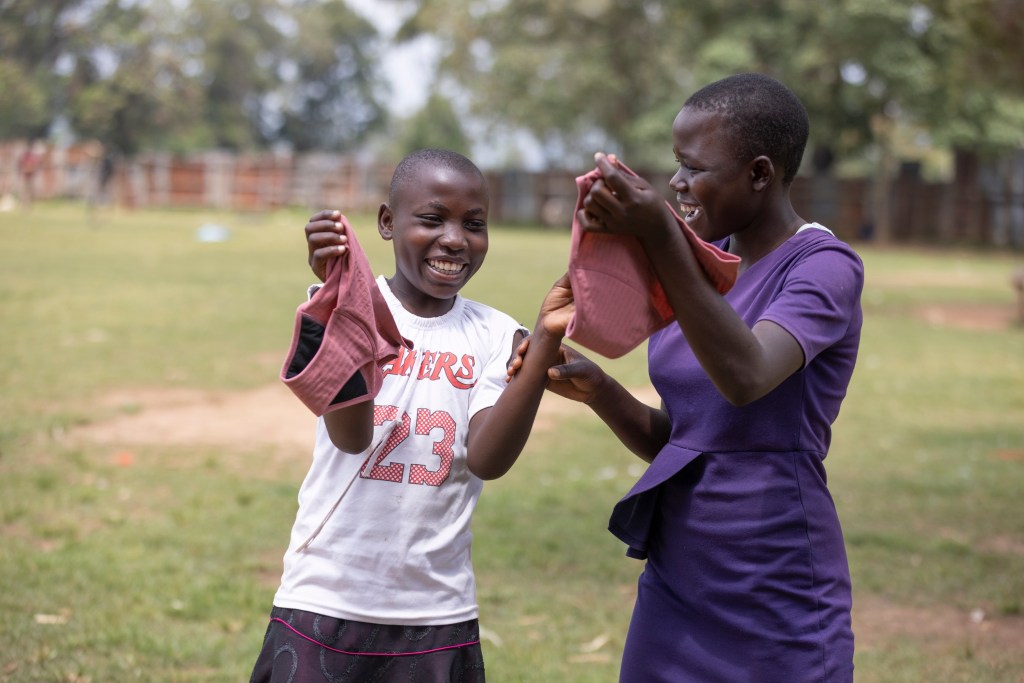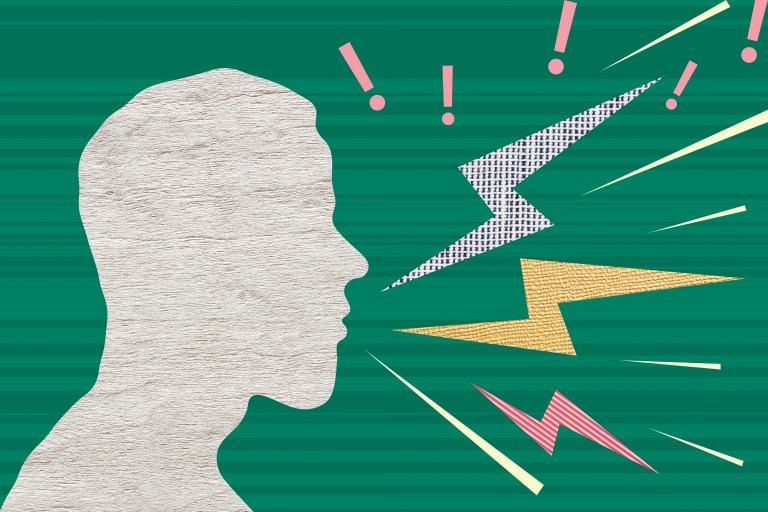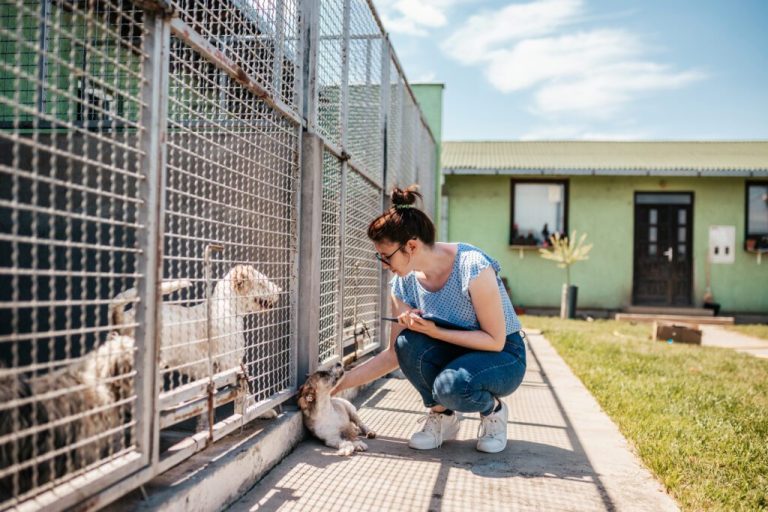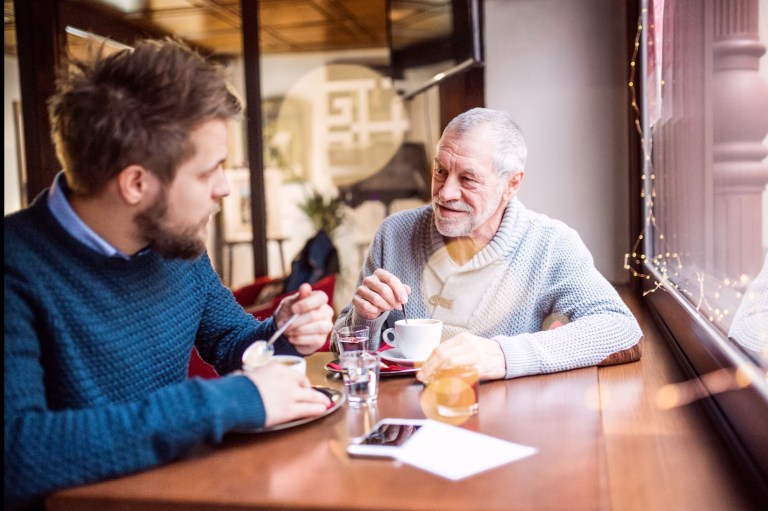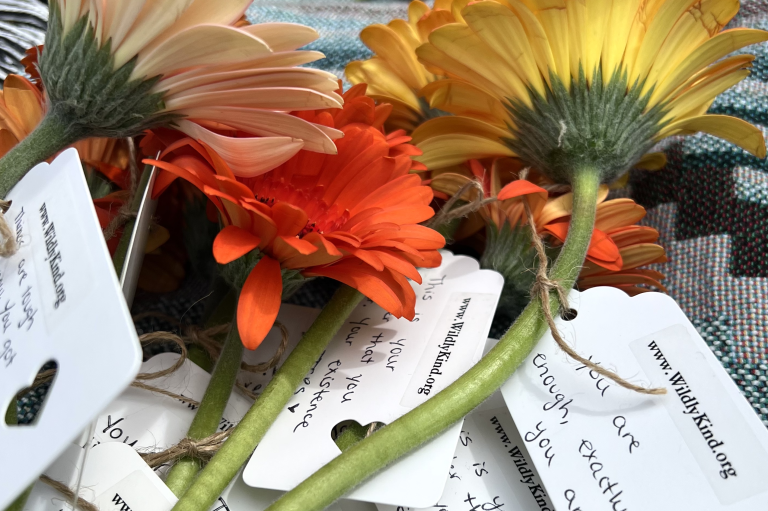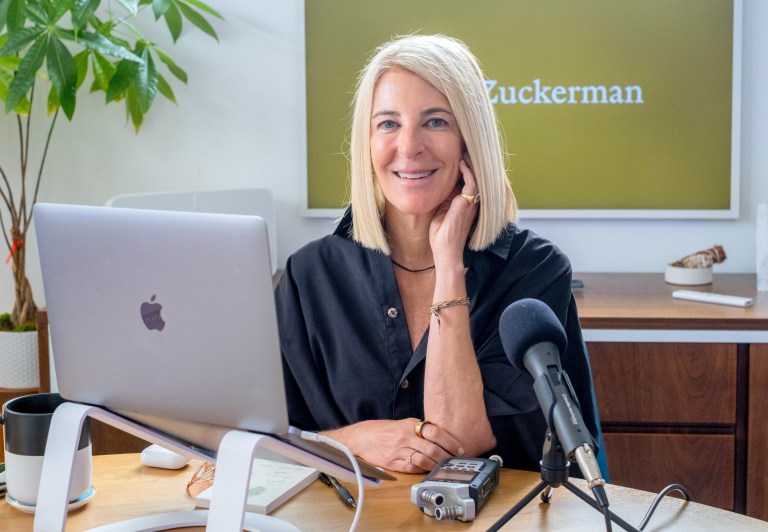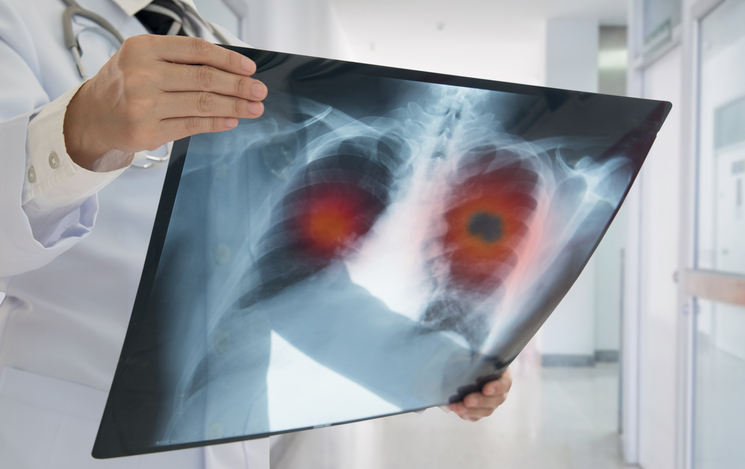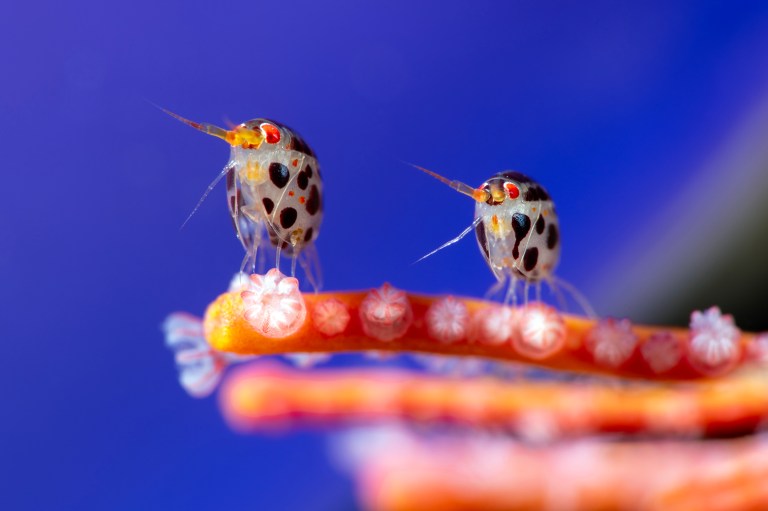According to social impact company LifeStraw, the majority of girls in Kenya miss about 165 days over four years of high school for what might be a surprising reason: their periods. Sixty-five percent of women and girls in the country are unable to afford menstrual products — a symptom of period poverty, or the inability to access the resources and education necessary to manage menstrual health. But a new initiative from LifeStraw aims to change that.
Called SafiCycle, the movement is bringing reusable period underwear and health education to adolescent girls, and has a goal of reaching 250,000 of them with 1 million pairs of period panties by 2030. The pilot program, which helped 1,756 girls in 2024, resulted in increased class attendance and participation as well as positive feedback from students.
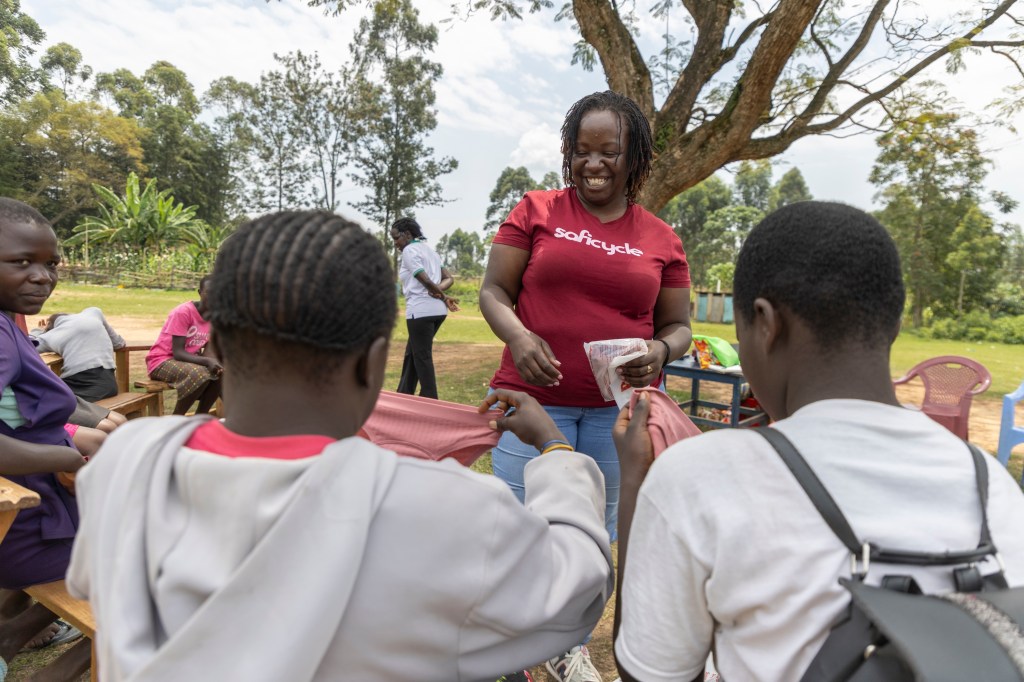
Since 2005, LifeStraw has helped provide equitable access to safe drinking water around the world and reduce the spread of Guinea worm disease, a parasitic infection from drinking contaminated water. It does so primarily through its flagship product: a straw that converts dirty water into clean drinking water. But CEO Alison Hill explained that as the team worked with schools and communities throughout Kenya, they continually heard from community health partners about the significant challenge period poverty poses to girls.
“It was clear that water alone wasn’t enough, we had to look more holistically at the factors preventing girls from thriving and staying in school,” Hill explained in an email to Nice News. “SafiCycle was born from listening to these voices and co-creating a solution that is not only effective and affordable, but also sustainable for the environment and scalable for impact.”
According to the UN Women, those missed school days can lead to a lack of employment and financial independence opportunities, and because their period is viewed as a coming-of-age, girls and young women may end up in early or forced marriages. But even before they get to that point, adolescent girls may feel pushed into dangerous exchanges in order to get the menstrual products they need, which may lead to STIs and unplanned pregnancies.
That’s where Hill is hoping to flip the script. In a Sept. 10 press release, SafiCycle pledged to provide girls in Kenya with a year’s supply of reusable period underwear, designed with insights from local women and girls in mind.
“This isn’t just about periods, it’s about agency, opportunity, and safety,” Violet Ngunjiri, head of Global Give Back at LifeStraw, said in the release. “When we give girls the tools and education they need to manage their periods with dignity, we’re not just improving their health, we’re helping them stay in school and shaping stronger futures for entire communities.”
And the project doesn’t end there. LifeStraw’s in-house education team is also administering training sessions in schools on menstrual hygiene and reproductive health, and the initiative launched an advocacy program that empowers U.S. high school girls to raise awareness about period poverty in Kenya and their own communities.
Hill told Nice News that through education, the movement helps girls “dismantle harmful myths and cultural stigmas that often surround periods” — and by partnering with local leaders, it creates supportive environments for students.
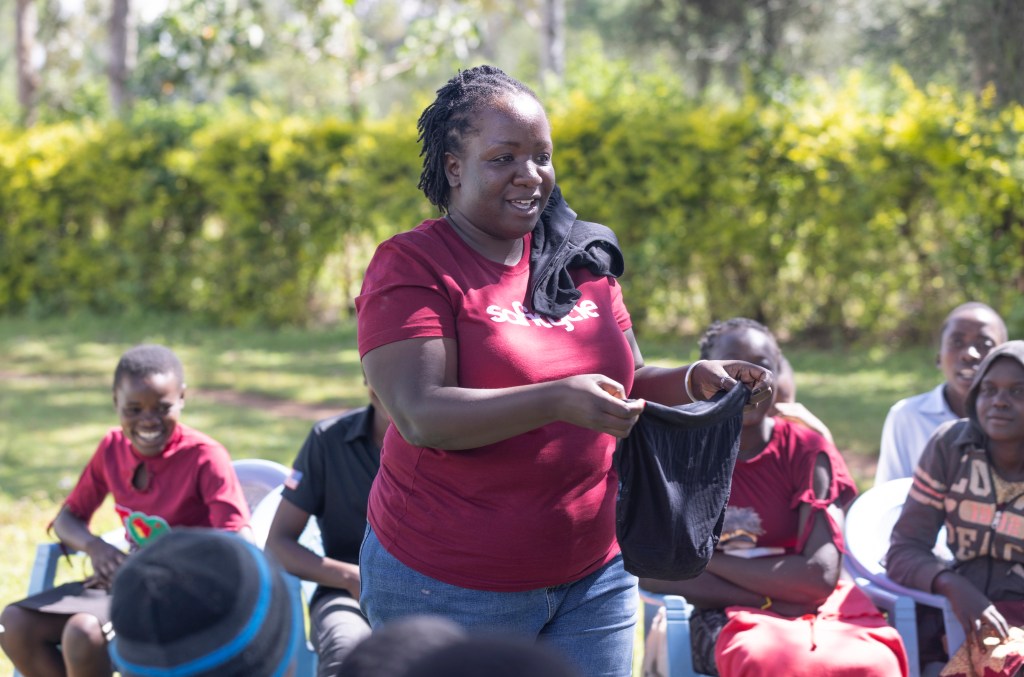
“When girls have access to resources and feel informed, they are more likely to stay in school and be protected from predatory situations like sexual coercion in exchange for period supplies,” she said. “Education turns a product into empowerment.”
While SafiCycle has a tangible goal, Hill said “dignity” is the true marker of the program’s success. “Our vision is to help break the cycle of exploitation and absenteeism that period poverty creates. In the long term, that means girls will not have to choose between their safety and managing their periods,” she said, adding, “We want girls to feel seen, supported, and capable of pursuing their dreams without periods holding them back.”
Just $15 can buy one girl one year of period panties — click here to donate.
